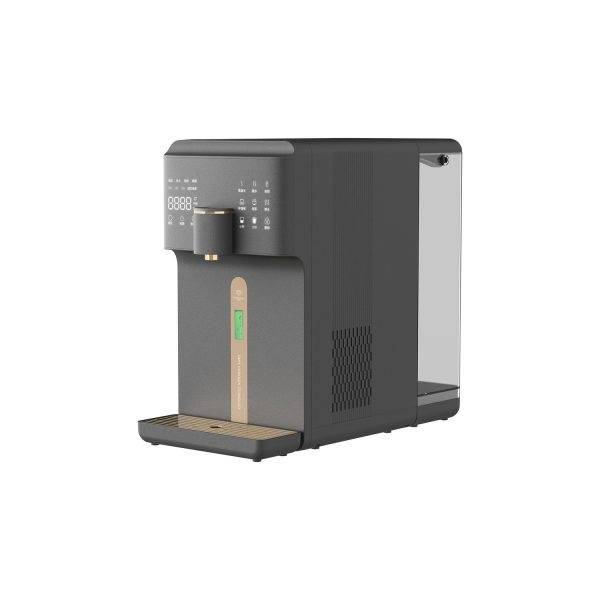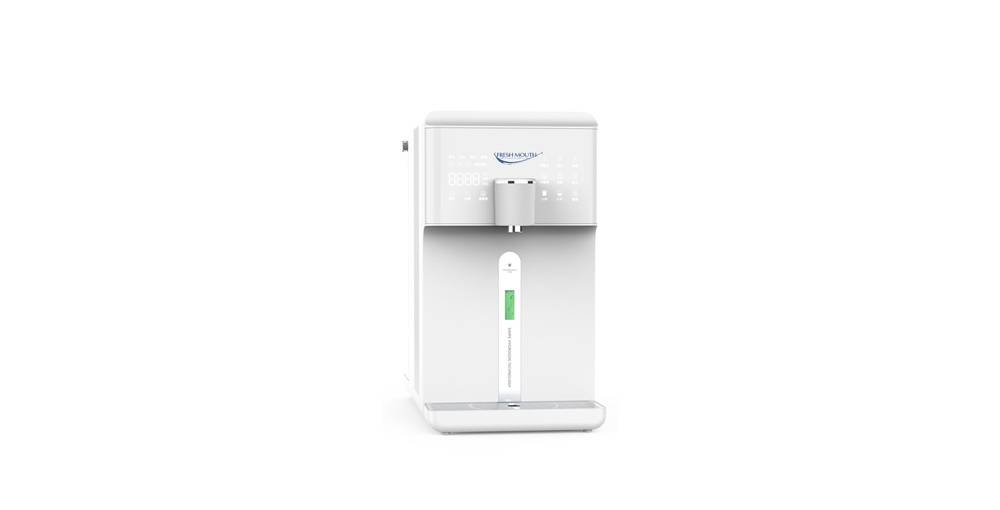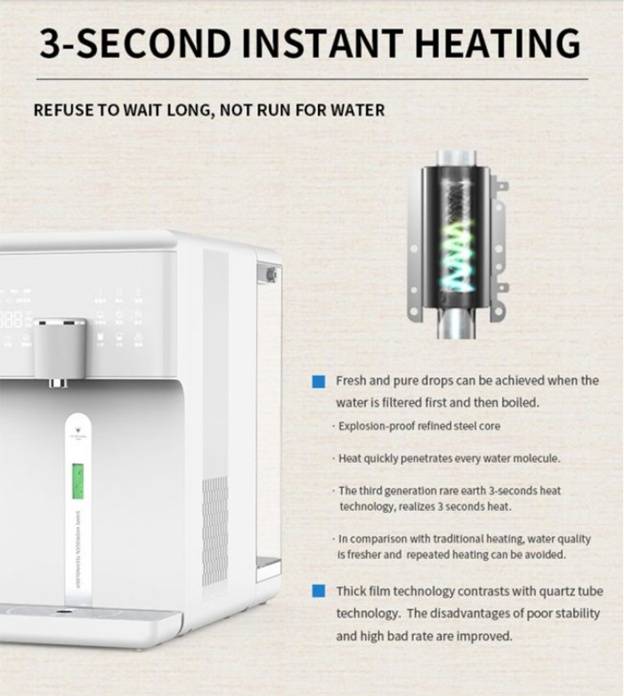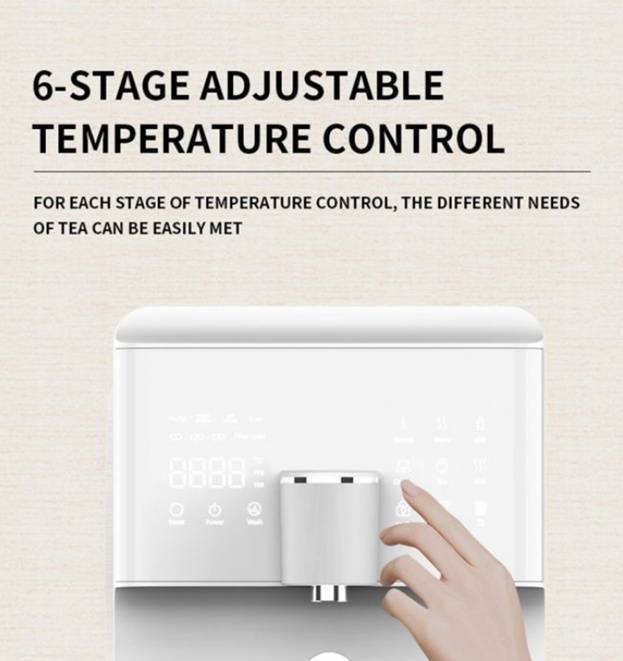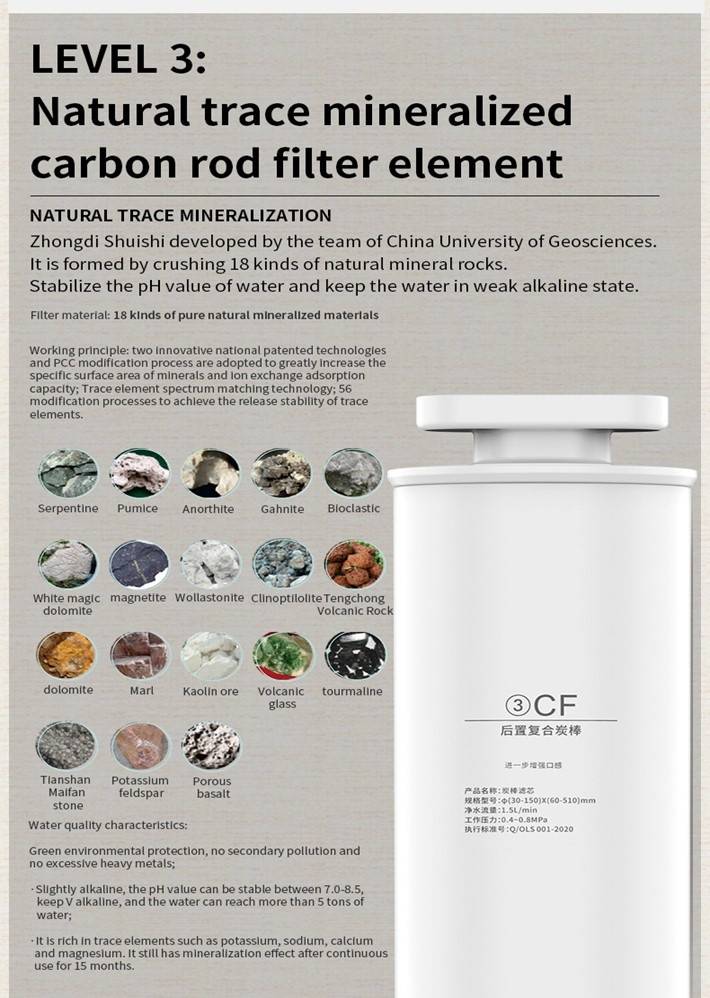FRESH MOUTH
Fresh Mouth's new large capacity water system offers. RO (Reverse Osmosis) with Advanced Re-Mineralization filter. removes all harmful contaminants (including Fluoride) from the water and puts the essential minerals back in, then Super Hydrates the water. Giving you safe, healthy, Hydrogen-rich, living water.
What Is Hydrogen Water And Should You Drink It?
The smallest and lightest element in the periodic table might prove to be a powerful tool in fighting disease—and delivering glowing skin.
Until now. Hydrogen-rich water, in which protons and electrons are added to regular old H2O, giving it a surplus of hydrogen gas (H2O + molecular hydrogen does not a new element make), has been a thing in Japan since the 1960s and was called Shin'nooru solution. For decades, it was gulped down in bottles and used for bathing. Fast-forward to 18 months ago, when Japan's health ministry approved hydrogen-infused saline IVs for medical use to help treat (solo or alongside other medications) everything from dehydration to serious infections. Now the country is in full-tilt hydrogen mania: Major companies such as Panasonic sell machines that gas up water for at-home guzzling (picture the nonbubbly version of a Soda Stream). And Japanese health nuts pop hydrogen-infused antiaging skin supplements (said to help fade melasma) and soak in hydrogen-infused bath salts to reap an array of skin-perfecting, anti-inflammatory, and antioxidant benefits.
Too good to be true? Consider this: In a small 2011 Japanese study from the Journal of Photochemistry and Photobiology, six subjects who bathed in hydrogen-enriched water daily for three months showed significant improvement in neck wrinkles compared to a control group. In another study in the same publication, samples of UV-damaged human fibroblasts (aka sun-zapped skin cells) were shown to increase collagen production twofold after being immersed in hydrogen water for three days. Take note, spring breakers.
Hydrogen (H) significantly reduces free radicals—inflammation-causing molecules linked to everything from accelerated skin aging to cancer.
Hydrogen (H) is the smallest and lightest element in the periodic table. When ingested, it travels throughout the bloodstream and—according to a 2013 review published in the journal Medical Gas Research—weasels its way into the mitochondria, the energy centers of a cell, and penetrates the nucleus, where the majority of DNA is stored. Once there, it significantly reduces free radicals—inflammation-causing molecules linked to everything from accelerated skin aging to cancer. This is no small thing: A 2010 study from the Journal of Clinical Biochemistry and Nutrition showed that when 20 overweight or obese subjects with symptoms of metabolic syndrome (high blood pressure, insulin resistance) drank 1.5 to 2 liters a day of hydrogen water for eight weeks with no other dietary changes, they saw a 39 percent increase in an enzyme that fortifies the body against free radicals; a 43 percent drop in thiobarbituric acid, a substance linked to oxidative damage; and a 13 percent decrease in total cholesterol—results comparable to those of cholesterol-controlling meds.

